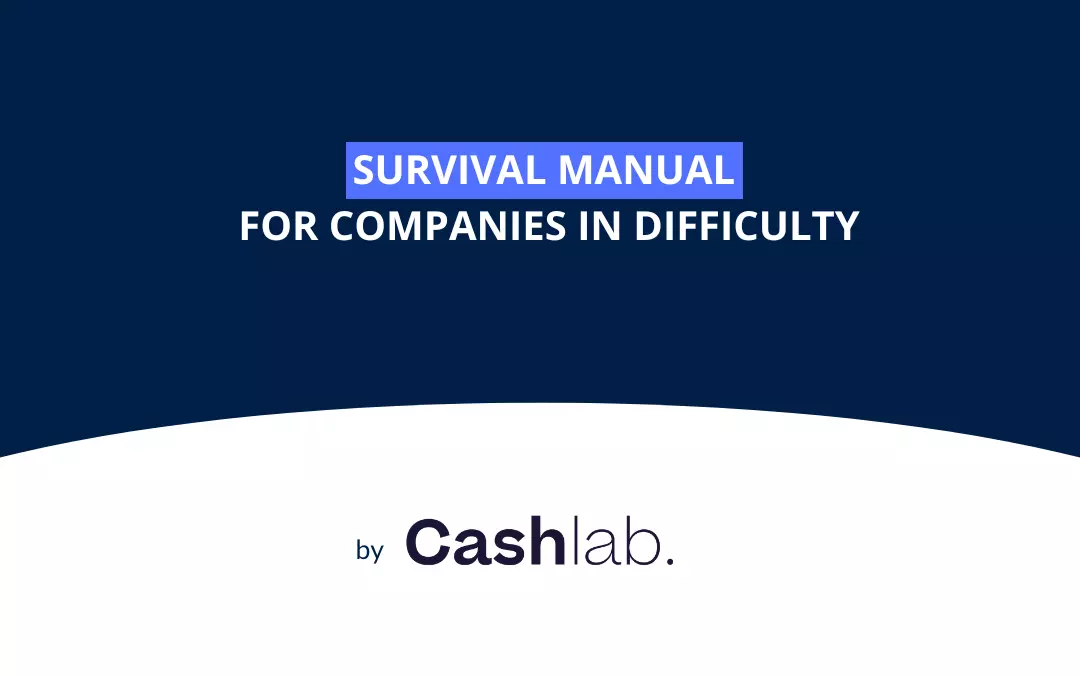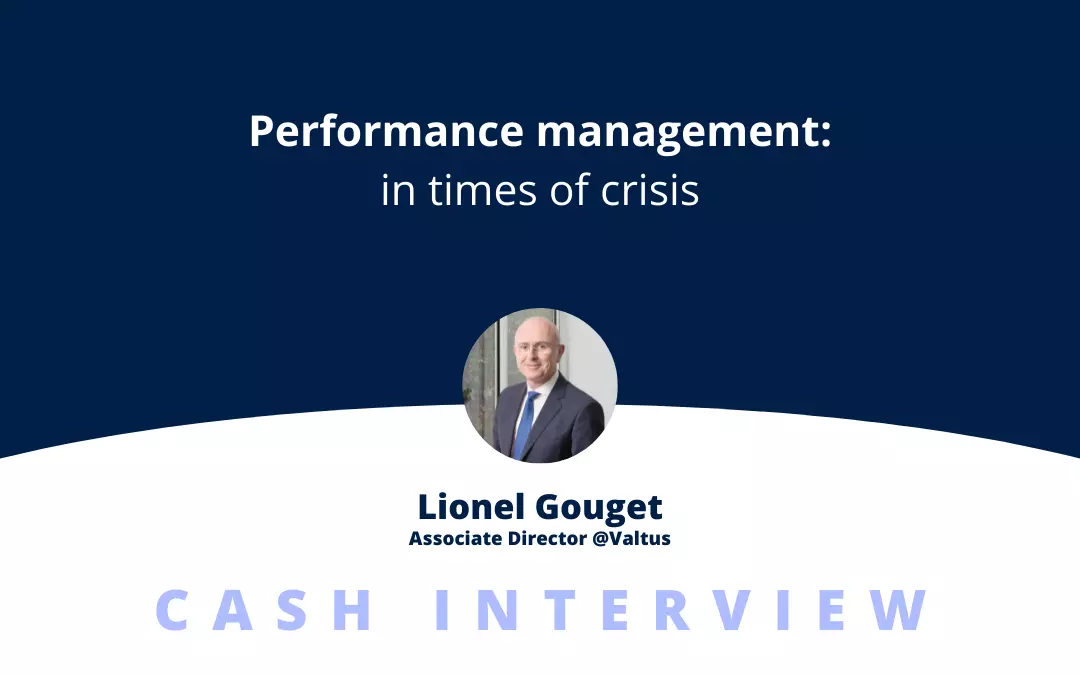The most known are the collective procedures, which include receivership and judicial liquidation. Nevertheless, there are alternatives before reaching receivership: the ad hoc mandate and the conciliation procedure. They are confidential and flexible and aim at restoring the company's situation. The sooner they are set up, the more likely they are to succeed.
The choice of procedure depends on the situation of the company:
- Before a state of cessation of payment, an ad hoc mandate procedure will be chosen,
- But after, the company will have to opt for a conciliation procedure.
The ad hoc mandate procedure
The ad hoc mandate procedure is aimed at all companies in the event of financial difficulties or a one-off crisis. The only condition is that they are not in a state of suspension of payments.
They help the manager to negotiate with his partners. And also to distribute his debts with the public actors (URSSAF for the employer's contributions and the Public Treasury for the VAT, the CET and the IS). These procedures can be triggered by a simple request to the President of the Commercial Court of the company's registered office to appoint an ad hoc representative. His mission is then defined according to the measures envisaged, while the director remains in office. The duration of the mandate can vary, even if it is generally 3 months renewable. The aim of the mandataire ad hoc is to help the company director negotiate an agreement with his or her main creditors in order to avoid insolvency.
The conciliation procedure
If the company is already in a state of suspension of payments (but not for more than 45 days), it will opt for a conciliation procedure. It is therefore aimed at companies in a more advanced stage of difficulty, and can be set up after an ad hoc mandate.
Once the conciliation procedure has been initiated, creditors can no longer petition for the company to be reorganised or liquidated.
In this case, a conciliator is appointed for a period of 4 months, which can be renewed several times (since August 24, 2020). His objective is similar to that of a mandatary: to find an agreement between the company and its main creditors. Unlike an ad hoc mandate, payment deadlines (maximum 2 years) can be granted to a manager regarding a creditor who would have sued him for payment.
If no agreement is reached between the two parties, the conciliation procedure is stopped. However, if an agreement is reached, it must be recorded by the court before it can be implemented. Once the creditors have signed the agreement, they can no longer demand payment of their debts from the company. However, if the agreement is not respected, the court can cancel it.
Then, the court can approve the agreement if the following conditions are met:
- The company in difficulty is not in suspension of payments or the agreement reached puts an end to this,
- The terms of the agreement ensure that the company will continue to operate,
- The agreement safeguards the interests of non-signatory creditors.
A conciliation agreement may include:
- Payment terms for contractor debts,
- Forgiveness of debts
- Remission of interest and penalties for late payment
Once the agreement has been approved, creditors and partners have priority for payment. And they will not be subject to deadlines if the company is in receivership, receivership or compulsory liquidation. Please note that the confidentiality of the agreement is lost once it has been approved.
Written by Eléonore Berne, on 22/09/2022.
« The Future of Payments » – Interview de Marion Laboure
Marion Laboure, economist at Deutsche Bank, talks to Cashlab about her latest study: "The Future of Payments".
In early 2020, 4,000 consumers were surveyed about payments. The topics covered included
The future of the finance function, digitalisation to meet new challenges
Treasurers face significant challenges. In order to meet them, their operating methods are going to be called into question. They will focus on tasks with high added value, linked to anticipation
Performance management in times of crisis
Interview with Lionel Gouget, Former CFO at 5àSec who has just joined Valtus as Associate Director. He shares with us his experience of setting up a
![]()
📍1, rue des Prouvaires
75001 Paris
Follow us:
©2023 All rights reserved. | Cashlab | Legal Notice




